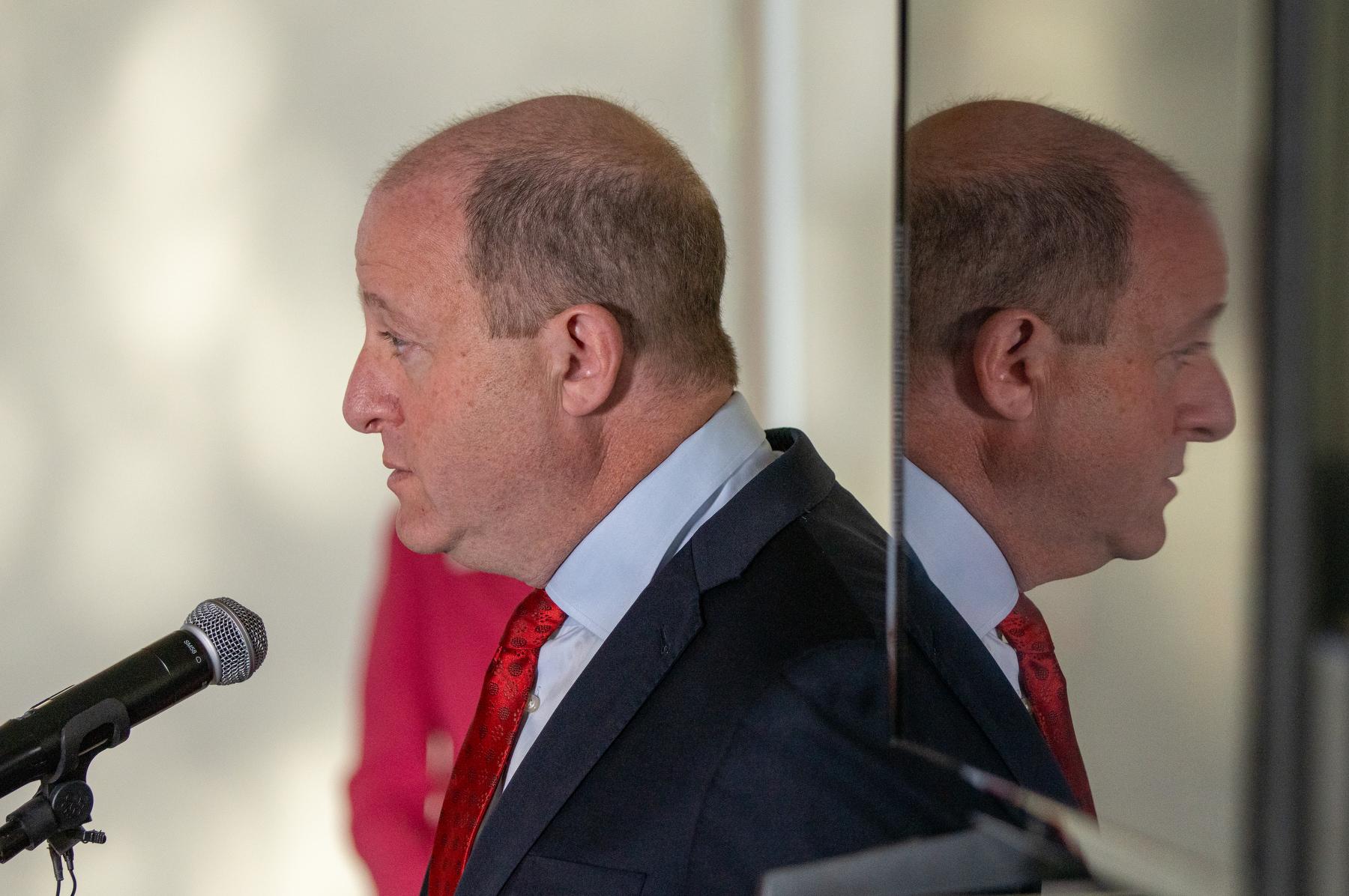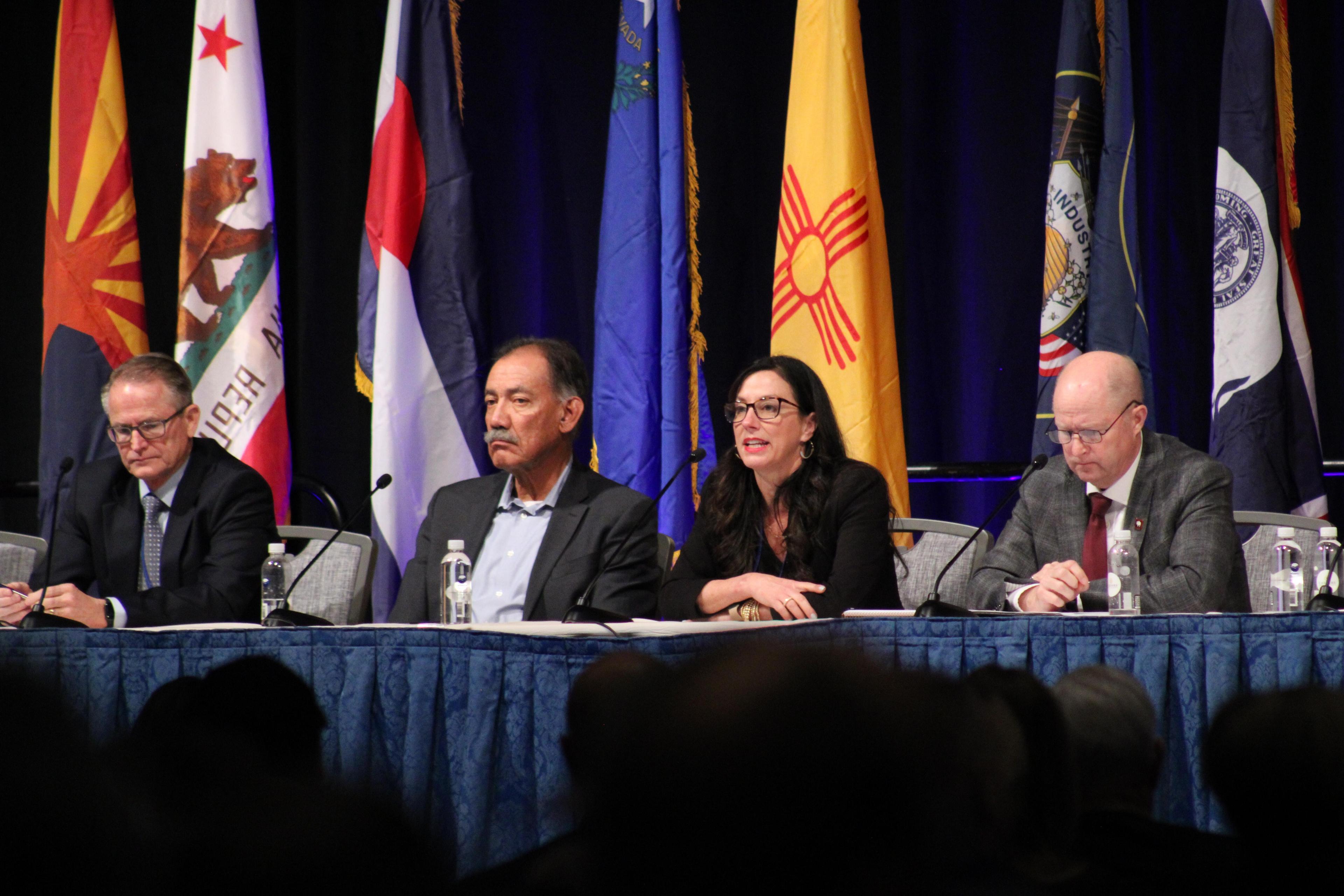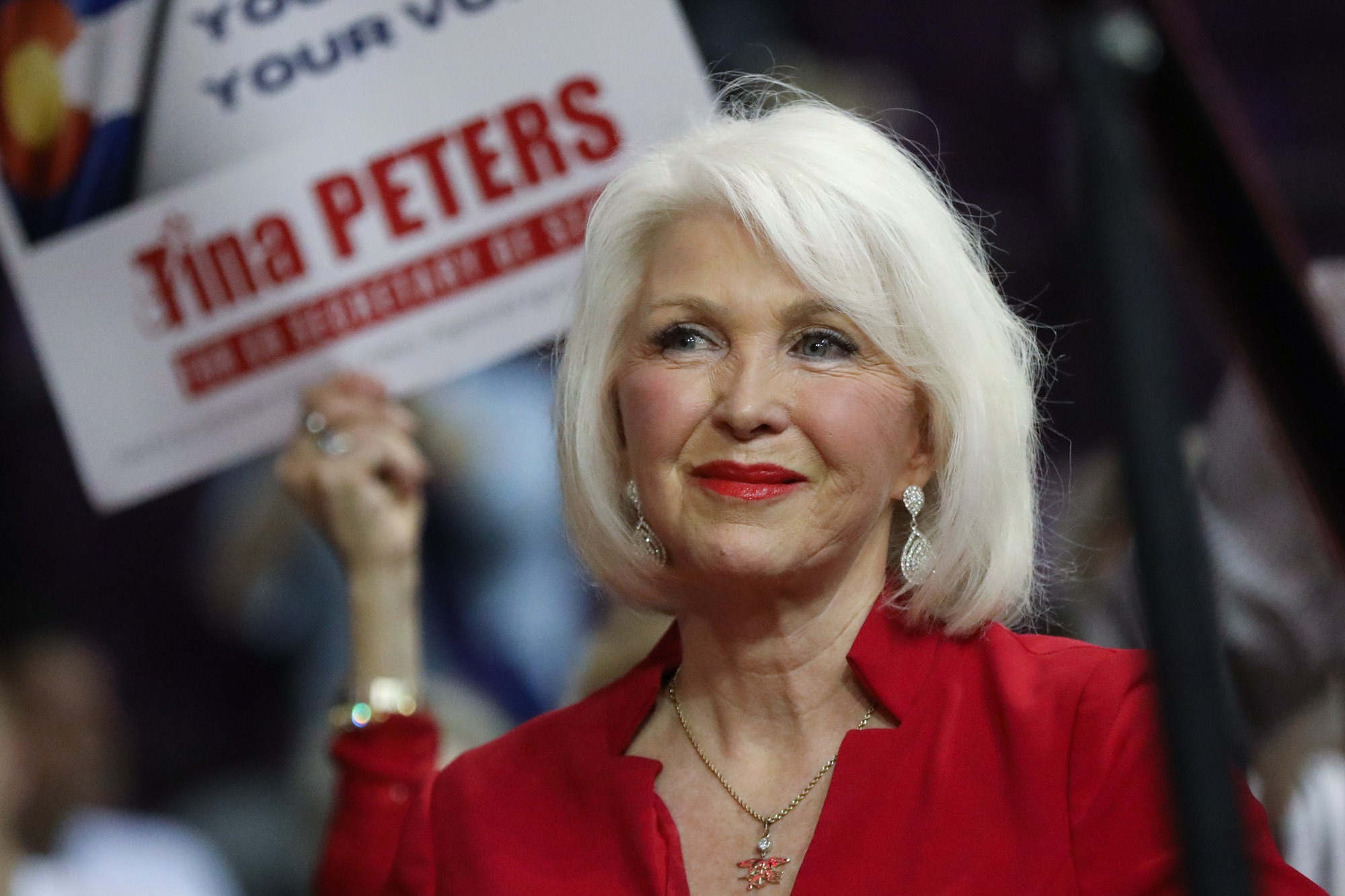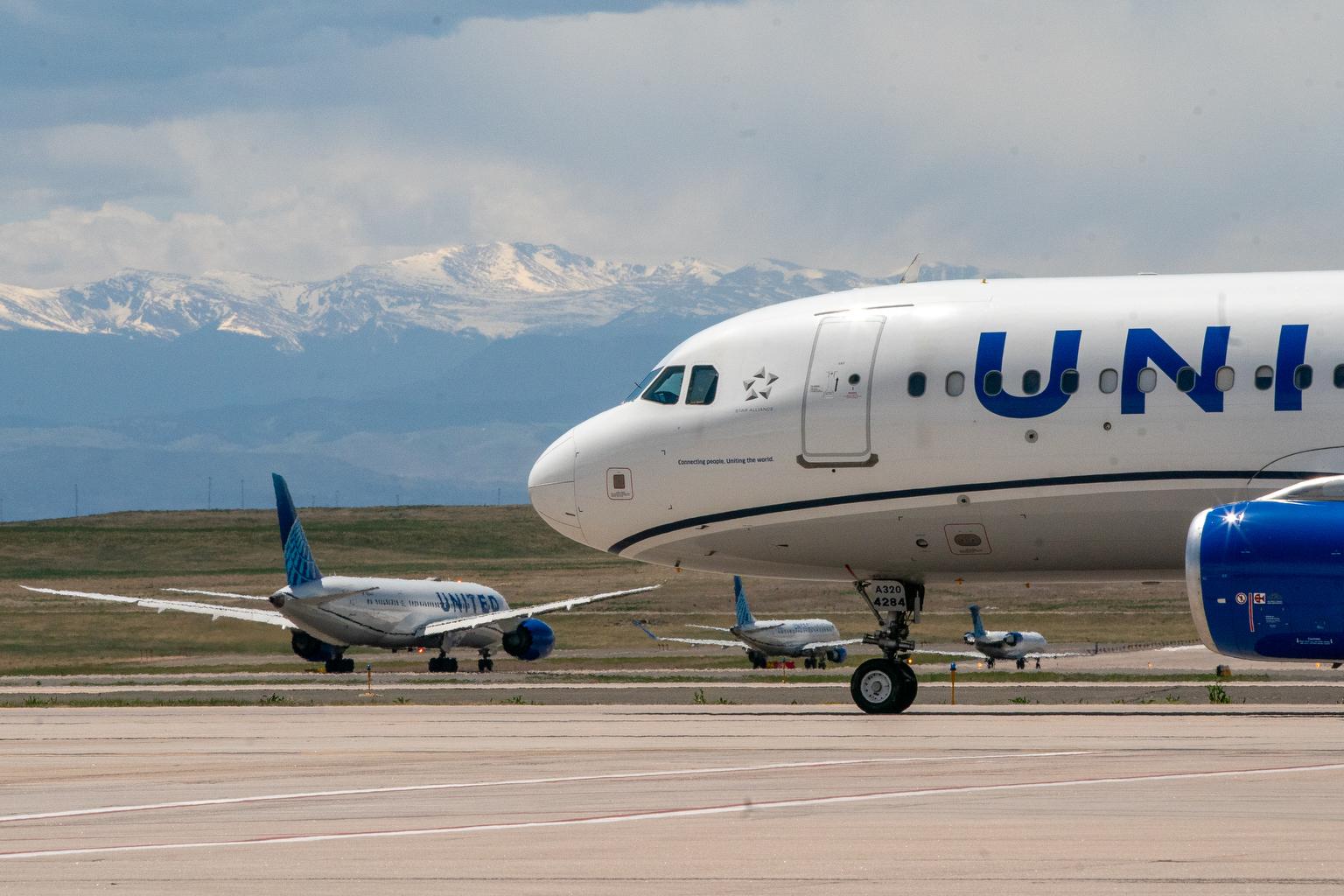
Have you ever waited in long lines for food at an airport? Maybe have had a few canceled flights? A hiccup at a security checkpoint? Waited on the tarmac awhile to get clearance to take off? Airports are like mini-cities that sometimes function smoothly — and sometimes don’t.
CU Denver is teaming up with the Denver International Airport to launch the world’s first Executive MBA in Aviation to train professionals who will be skilled at making sure all the airport’s systems are running as smoothly and efficiently as possible. It will include one week of in-person classes at DIA, the sixth busiest airport in the world.
“This is the first program of its kind in the world, and the goal is to build a better ecosystem,” said David Chandler, director of CU Denver’s Executive MBA in Aviation program.
He said the process of funneling people into a metal tube — an airplane — and moving it thousands of miles at high speed, effectively, efficiently and safely from an organizational standpoint is incredibly complicated.
“To do that, you need leaders who are capable of understanding all points of view, the needs of everybody involved in the ecosystem, and then making those decisions as effectively as possible,” Chandler said.
The program aims to shape current and aspiring executives to take on the challenges and opportunities facing airports, airlines and the companies that make up their supply chains. The curriculum was shaped by an advisory board of high-profile aviation professionals and will be taught by a mix of academics and industry experts from across the country.
The 18-month, hybrid, part-time program will host in-person classes at DIA with other classes online, so mid-career professionals don’t have to interrupt their careers. Students will also have four week-long residencies in Washington, D.C., and at major airports around the globe, such as the Munich airport, to experience firsthand how different hubs operate and innovate.
The inaugural cohort will begin in January 2026.
Filling a vacuum in a growing industry
Many airport and aviation leaders retired during the pandemic, creating a vacuum that still exists. The aviation industry is also undergoing rapid change and expansion.
In 2023, the global market size of the aviation industry was $762.8 billion, with the global air cargo industry moving 61.4 million tons of freight each year. The same year 35.3 million flights carried 4.4 billion passengers worldwide – a number that is estimated to grow to 5 billion by the end of 2025.
The potential for growth at DIA alone is staggering, said Chandler. It currently has six runways, with the potential to double that number. By contrast, London’s Heathrow airport has two.
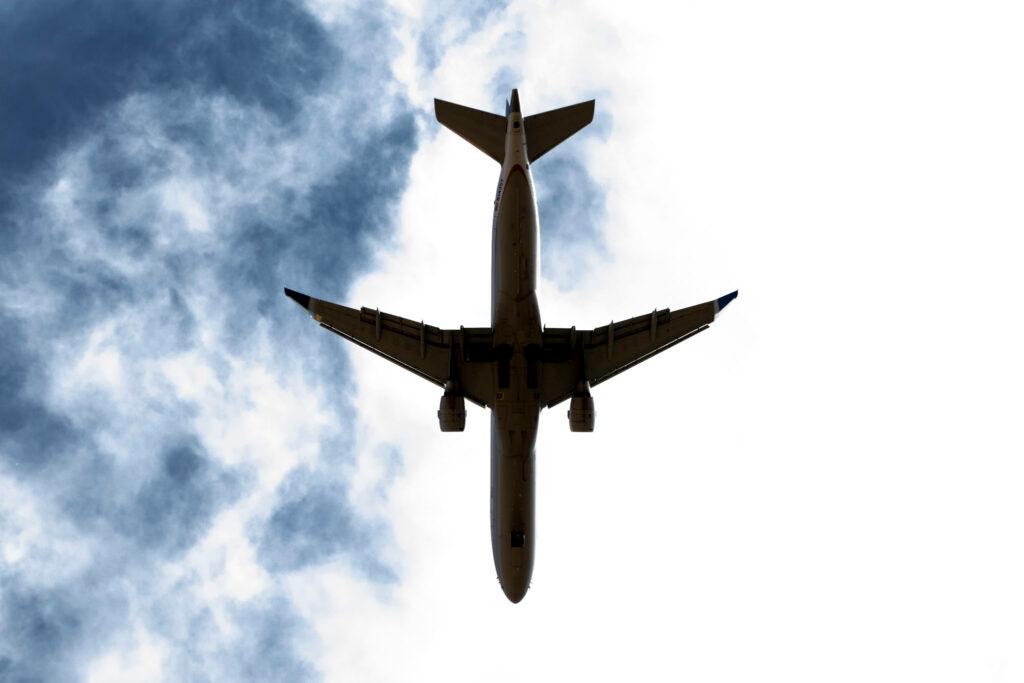
Despite the strength and growth projections, the industry lacks dedicated graduate education for executive leadership.
“The aviation industry must adapt to new technology, challenges and evolving passenger needs,” said Phil Washington, DIA’s CEO. “The next generation of leaders must understand the landscape, anticipate trends, and possess the necessary skills.”
DIA and CU Denver signed a memorandum of understanding last summer to spell out the collaboration in training, documenting necessary skillsets for aviation professionals and related industries.
Airports, effectively ‘mini-cities,’ are siloed
To develop the degree, CU business academics reached out to 50 experts in the field and “the one thing we heard loud and clear is how siloed everything is,” said Chandler.
If you’re an expert in marketing at DIA, you don’t necessarily understand the airport’s operations department, or what Boeing does, or what the Amazon or UPS cargo division do, or how the caterers who put food on the planes operate or the role of the trade unions who represent airport workers. Chandler says the program will take an “ecosystems” approach.
“It's really an incredibly complex network,” he said. “Understanding as many different parts of the ecosystem as possible will enable you to make better decisions in whatever your specific job responsibilities are.”
The program includes courses on the history of aviation, aviation analytics, aviation law, accounting, operations, marketing, crisis management, security, finance, strategy formulation, and the future of aviation among others.
Who is the program targeting?
It will target professionals with 15 to 20 years’ worth of experience who will be trained to be leaders in the aviation industry and at airports.
They may be professionals working in airlines and airports, cities, supply chain partners or trade unions with potential to be leaders. Members of the military who have worked with aircraft who may be leaving the service are another important target audience, Chandler said.

Program leaders will encourage airlines and other for-profit organizations to commit to a specific number of employees each year and hope to offer scholarships for other prospective students.
Delivering a degree program that is co-branded with an airport is another sign that universities are trying to directly address industry needs. Chandler said universities now are facing questions about the value they add to society.
“For those business schools that are the most creative and innovative, I think partnering with the major economic drivers in your region is going to be essential,” he said. “The airport just happens to be the most important economic driver in the Rocky Mountain region and for a business school like CU Denver, it's essential that we do what we can to support that major economic infrastructure in our state.”

